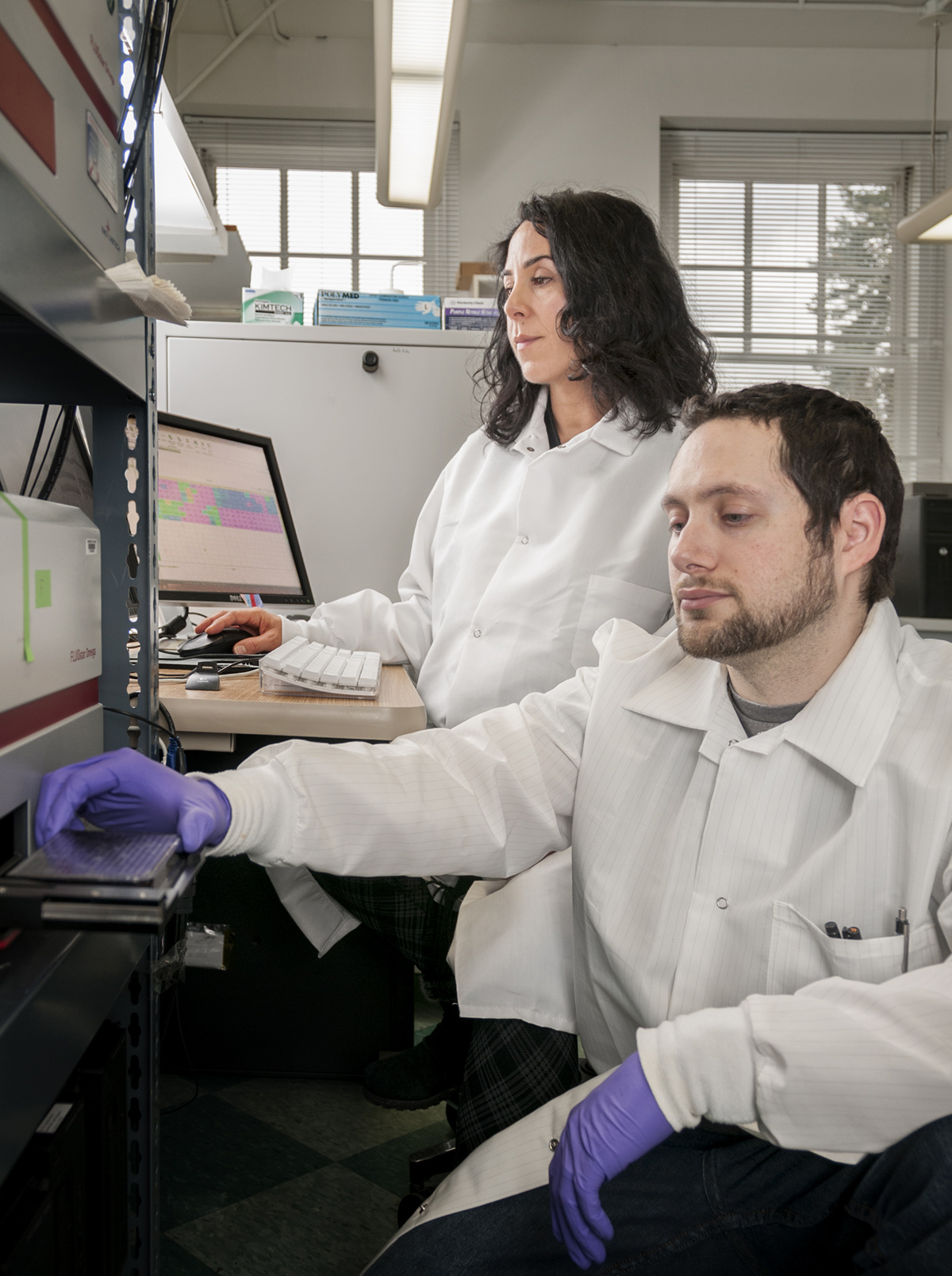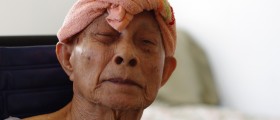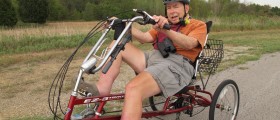
Parkinson's Disease
Parkinson's disease is a disorder which affects the central nervous system. This disease impairs movement of the limbs and muscles, motor skills and speech. The most common symptom of Parkinson's disease is tremor in the hands but there are a lot of other symptoms related to it. Such symptoms may include muscle rigidness, poor posture and impaired balance, reduced ability to start movements, changes in facial expressions, speech impairment and dementia. The exact cause of Parkinson's disease is still unknown, but it is most likely that it is a result of gene mutations or exposure to toxins.Treatment
There is no cure for Parkinson's disease but proper treatment can help the patient controls the symptoms. The most common treatment includes medications such as Levodopa, physical therapy and surgery. It is recommended for the patient to have physical therapy besides standard medical treatment. Physical therapy can help the patient to improve the condition of muscles, so the mobility of the limbs can be increased and balance restored.Surgery
There are several surgical procedures which are performed to ease the symptoms of Parkinson's disease. However, the surgery is performed on only 1 out of 10 patients with Parkinson's disease. The usual procedures include deep brain stimulation, ablative surgery and transplantation. Deep brain stimulation is performed in patients who have not responded to Levodopa and suffer form severe forms of Parkinson's disease. This procedure involves an electrode which is implanted deep in the patient's brain, in the exact part which is responsible for movement control. The electrode is connected to a device similar to pacemaker with a wire. The pacemaker device is implanted in the chest and sometimes parts of the device must be replaced, which requires another surgical procedure. Ablative surgery involves destroying the affected tissue of the brain which causes Parkinson's disease. Transplantation involves restoring the cells which produce dopamine. The cells which are transplanted can be embryo cells of a human or a pig, or stem cells. This procedure is still in experimental phase.Complications
Every surgical procedure carries risks of complications. The symptoms of Parkinson's disease may not be improved even after the surgery is performed. In rare cases the symptoms can be even worse than before the surgery. General anesthesia can rarely cause side effects such as heart attack, blood clot or stroke. Deep brain stimulation carries risks of infection and bleeding. In ablative surgery there is a risk of brain damage which can lead to stroke or paralysis.





-When-You-Have-Parkinson's-Disease_f_280x120.jpg)










Your thoughts on this
Loading...